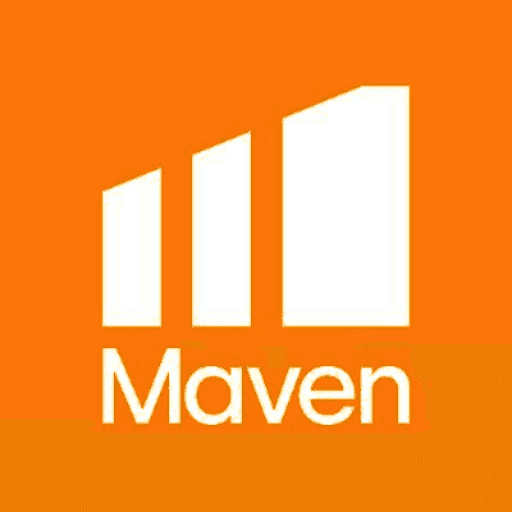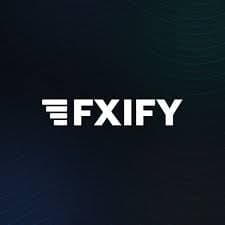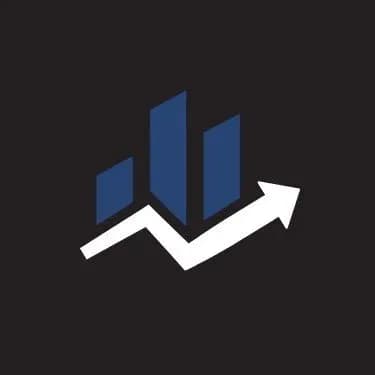Futures vs Stock Trading: What’s Best for You in 2025?
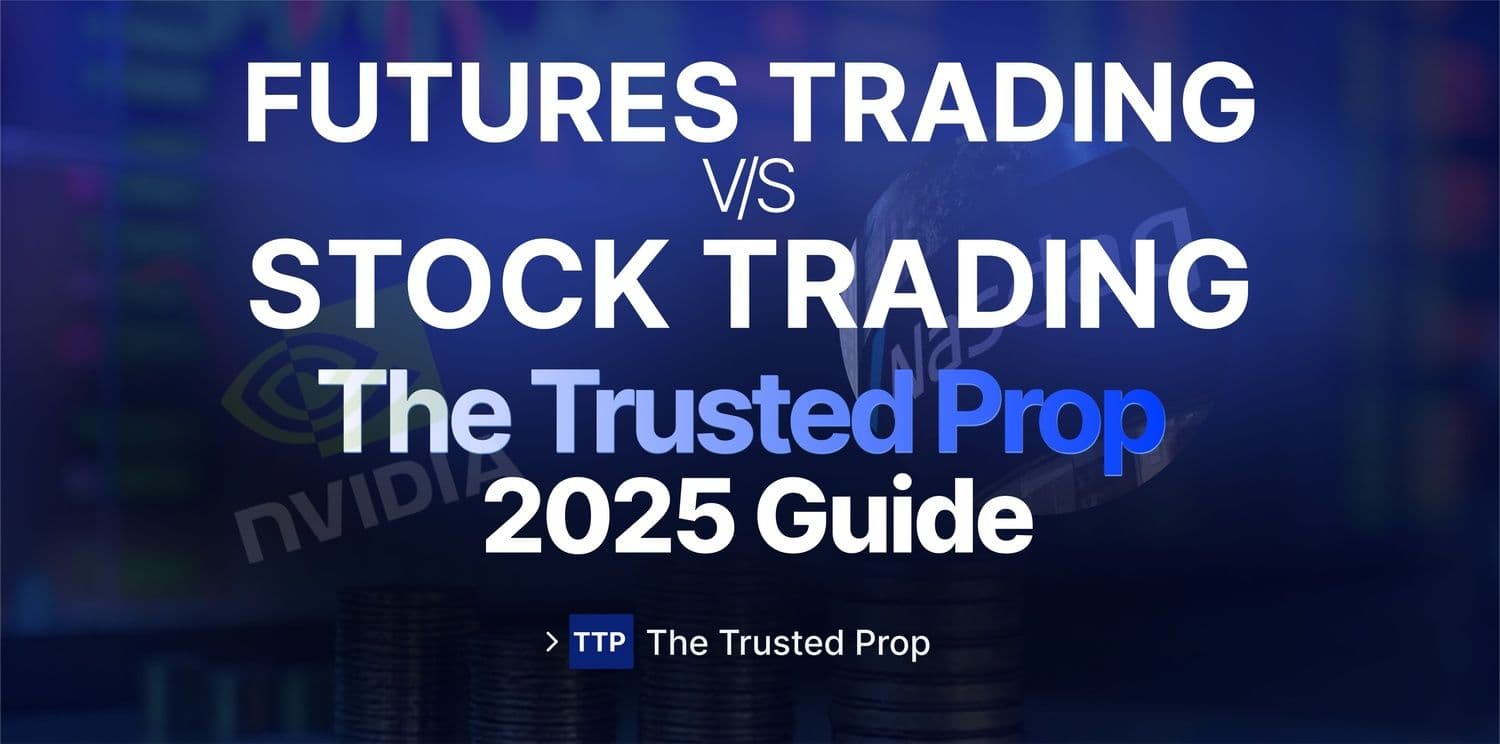
Futures vs Stock Trading: What’s Best for You in 2025?
6/13/2025
Introduction
Let’s be real, deciding between futures and stocks can feel like one of those tricky situations where no option seems easy. Both have the potential to make you money, but both also come with risks that can be pretty scary. And no matter what, you’ll always find two groups of traders, one swearing by stocks, the other all-in on futures, each convinced their way is the best.
There’s no single strategy that works for everyone. If you’re trying to build wealth slowly over time, that’s one path. But if you’re chasing quick profits from fast price changes, that’s a totally different game. It all comes down to your goals, how much risk you’re okay with, and how fast you want to move in the market.
In this blog, we’ll break down stock trading in plain English and compare it side by side with futures. You’ll get a clear, honest look at where each one shines, where they might fall short, and most importantly, help you figure out which one suits your trading style best.
What is stock trading?
Trading stocks is similar to having a small stake in a firm. When you purchase shares, you don't just wish for a rise in the value; you are acquiring ownership of a fraction of that business. You stand to profit if the company thrives, but it suffers adverse effects when it faces challenges.
What makes stock trading so popular?
- You gain something tangible of value that belongs to the company.
- Some stocks even pay dividends, enabling the owner to earn revenue without having to sell them.
- Price fluctuations are determined based on news, company performance, and public sentiment.
Now, with trading apps like Robinhood, Zerodha, and Schwab, anyone can start trading in just a few taps.
Categorization of stock trading.
Stock purchasing is accompanied by a set of expectations with regard to sales and stock pricing, such as: Traders purchase stock because they are sure that the company will do well in the future and will succeed.
Traders tend to speculate (these speculations shouldn't necessarily involve any financial analysis) about the changes in price per share of a certain company/stock. People tend to speculate about speculations in the market and tend to go with the crowd. This is known as Swing Trading, which lasts for several days or more.
In other words, stock assets are sold and subsequently bought in a timed sequence. Consequently, a timed trading action plan is set to realize certain sales and profit percentages. In day trading, one intends to make many relatively small profits while working with certain volume sales within a pre-determined trading time frame.
What Is Futures Trading?
A market in which some obligations are agreed to be executed in the future or some obligations in the future achieved by outsourced executors You are not possessing the asset, but you are buying a futures contract which gives you an agreement with the right vendor to buy the asset in a predetermined timeline at a pre-fixed price.
Contracts are signed, but no ownership is granted.
- This kind of trading is used for things like goods (like oil or wheat), stock market indexes, different currencies, and even cryptocurrencies.
- High leverage trading means you can control big trades even if you start with a small amount of money.
- You can make a lot of money or lose a lot very quickly, sometimes in just a few minutes.
Some of these trades may include, but are not limited to:
- Guessing where prices will go.
- Helping farmers lock in crop prices early.
Taking advantage of quick price changes in the short term.
Key Differences at a Glance
| Feature | Stock Trading | Futures Trading |
|---|---|---|
| Ownership | Yes – actual shares | No – just a contract |
| Leverage | Usually 2:1 | Can go 20:1 or more |
| Expiration | None | Has a set expiration date |
| Settlement | You own the shares | May end in cash or delivery |
| What drives price | Company news, dividends, and economy | Spot price, time decay, interest rates |
| Risk Level | Medium | High |
| Reward Potential | Moderate (growth, dividends) | High, quick gains possible |
Trading Scenarios Applied in Real Life
Suppose you have $10,000:
In stocks, with leverage of 2:1, you can control 20,000 worth of shares, futures, the same 20,000 worth of shares. In futures, the same 10,000 might let you control a $100,000 contract.
Everything hinges on a single major move, and you either stand to gain a lot or lose everything.
Pros and Cons in Detail
1. Stock Trading
Pros:
- Amazing for learning investors.
- Reliable growth opportunity
- Dividends = passive rewards
- Simple to set up an account.
Cons:
- Less economic leverage.
- Lower return on investment on an aggressive time frame.
- Can get stuck mid-ride to a downturn, or a bear market.
2. Futures Trading
Pros:
- The profits that can be generated are extremely high
- Sellers are easier to identify
- Able to trade commodities and currencies
- Designed for quick traders
Cons:
- Significant risk
- Needs to trade on margin and have some serious self-control, strict rules, and a step too far from other trading strategies.
- A very high level of discipline is available.
Not suitable for first-time traders
Risk vs Reward: The Ugly and the Useful
Securities, in this case stocks, are undoubtedly more secure but pay less in gains in comparison to stock futures. Furthermore:
- Stocks: In case of a company's or market underperformance, there is still a loss of funds; however, you don’t stand the risk of notifying your broker for a margin call at any given time of the day.
Futures: If the trade is placed with an overly stretched leverage, there is the possibility of losing the entire sum in the account in a single night. Regardless, traders still have the opportunity to earn several months’ salary in just a few hours of active work.
Regardless of where one chooses to engage:
- Always use stop losses, avoid betting everything, and trade within the conservative set margins.
- Moving on, we talk about taxes, specifically for people living within the United States.
- In the case of buying stocks, you pay less in taxes when held longer, while shorter periods are considered income; dividends, however, tend to get preferential treatment.
- As for futures trading, there is acceptance of the 60/40 rule, regardless of holding duration. Good bonus for those who are active traders.
What Kind of Trader Are You?
| Your Goal | Best Choice |
|---|---|
| Long-term wealth building | Stock Trading |
| Short-term speculation | Futures Trading |
| Passive income (dividends) | Stock Trading |
| Hedging commodity risk | Futures Trading |
| Tax efficiency | Futures Trading |
Futures vs Stock Trading Final Thoughts
There’s no clear “winner” in the debate of futures versus stock trading. They are different instruments; one is a scalpel (futures), and the other is a hammer (stocks). “Winning” depends on using the right tool for the right task.
For someone just starting, stocks are more secure and easier to work with. If you have an experienced, steady hand, you may be able to achieve what you’re chasing with futures.
Whatever you decide, don’t lose your sharpness. Learn the guidelines. Control your exposure. And above all, profit belongs to the one in command.
At The Trusted Prop, we are dedicated to helping you trade smarter, not harder. View our firm comparisons Tool, claim a verified discount code, and advance with real-world insights from actual traders.
You may also like
The5ers Payout Rules, Profits & Withdrawals (2026 Guide)
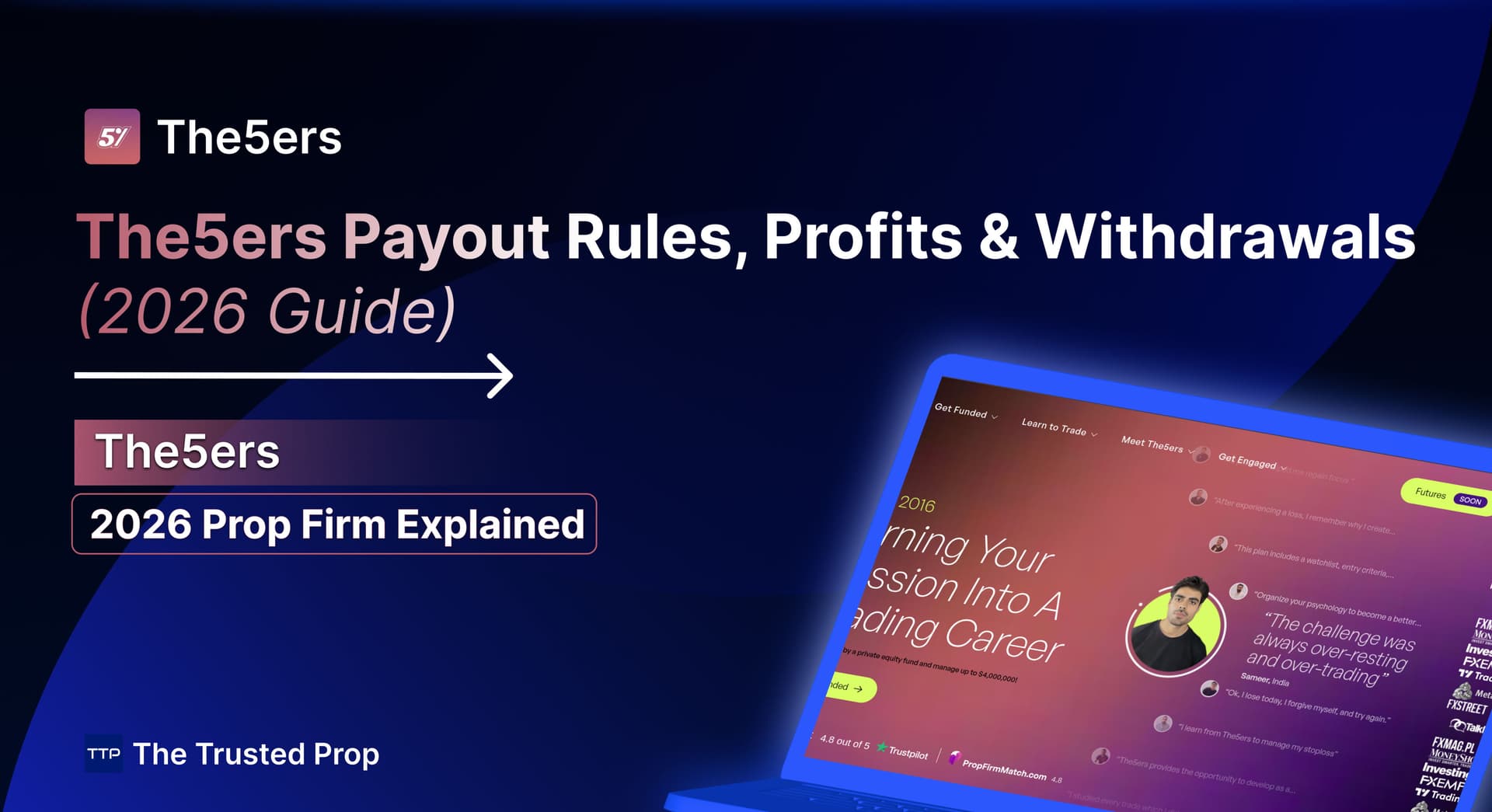
Goat Funded Trader Instant Goat Account Explained (2026)
.jpg&w=1920&q=75)
Goat Funded Futures Rules for Challenge and Funded Phase (2026)

My Funded Futures Flex Challenge Explained (2026 Guide)

Moneta Funded Detailed Review 2026: Our Honest Verdict

Evercrest Funding Detailed Review 2026: Our Honest Verdict

Breakout Prop Detailed Review 2026: Our Honest Verdict
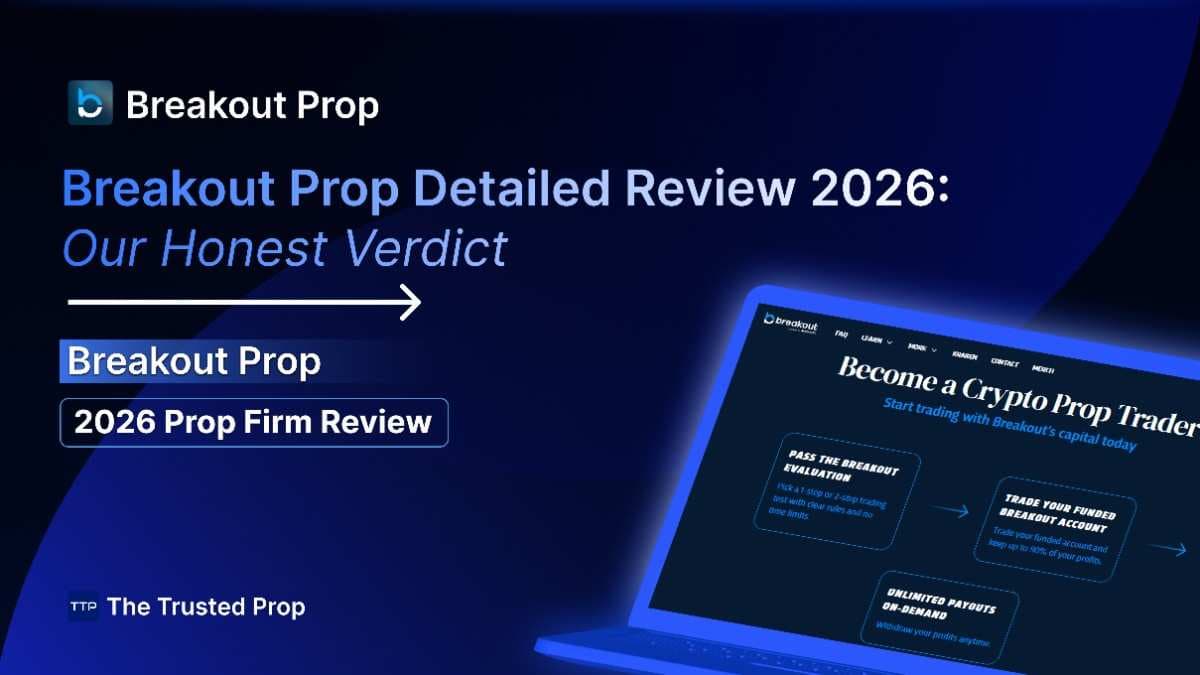
No FAQs are available for this topic yet.


